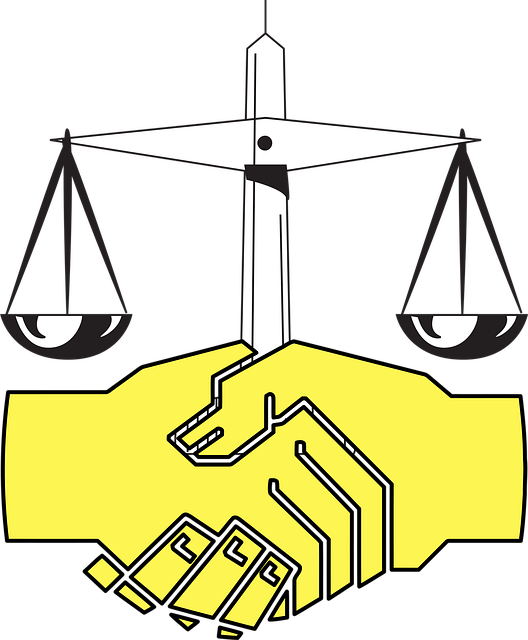Whistleblower Protection Laws and Federal Sentencing Guidelines for Drug Offenses work together to protect individuals exposing illegal practices in sectors like healthcare, finance, and government contracting. While drug offense guidelines mandate severe penalties, whistleblowers are evaluated based on public interest, cooperation, and impact. Strategic legal defense focusing on good faith can significantly influence sentencing outcomes, with specialized firms achieving favorable results. Navigating these guidelines is complex but offers protections against undue punishment and charge dismissal for those who expose white-collar crimes.
“Whistleblower Protection Lawsuits: Safeguarding Courageous Revelations In a Complex Legal Landscape
In an era where corporate and government misconduct can have far-reaching consequences, whistleblowers play a pivotal role in upholding justice. This article delves into the intricate world of whistleblower protection lawsuits, shedding light on key aspects such as understanding federal sentencing guidelines for drug offenses—a critical factor in cases involving internal disclosures.
We explore strategies for navigating legal recourse, offering insights into how individuals can safeguard their rights while exposing wrongdoings.”
- Understanding Whistleblower Protection Laws
- Federal Sentencing: Drug Offenses vs. Whistleblowers
- Navigating Legal Recourse for Whistleblower Protections
Understanding Whistleblower Protection Laws
Whistleblower Protection Laws are designed to safeguard individuals who expose illegal or unethical activities within their organizations from retaliation. These laws are crucial in fostering a culture of transparency and accountability, especially in sectors like healthcare, finance, and government contracting. Understanding these protections is essential for both whistleblowers and businesses alike.
The Federal Sentencing Guidelines for Drug Offenses, while primarily focused on drug-related crimes, also incorporate provisions for white collar defense. By coming forward with information about fraudulent or illegal practices, whistleblowers can avoid indictment and even achieve extraordinary results by aiding law enforcement and regulatory agencies. This not only protects them from potential retaliation but also allows them to play a vital role in upholding the integrity of various industries, ensuring that criminal activities are brought to light without fear of adverse consequences.
Federal Sentencing: Drug Offenses vs. Whistleblowers
In federal sentencing, the distinction between drug offenses and whistleblower protection lawsuits is stark. The Federal Sentencing Guidelines for Drug Offenses often result in stringent penalties due to the severity perceived in drug-related crimes. However, when it comes to whistleblowers who expose corporate wrongdoings, a different approach is taken. Whistleblower protection lawsuits are evaluated based on factors like the public interest served, the level of cooperation shown by the whistleblower, and the potential impact on victims and society.
A strong defense strategy for whistleblower cases often revolves around demonstrating good faith and an honest belief in the illegality of the activities reported. This can significantly influence sentencing outcomes, potentially leading to winning challenging defense verdicts. Given the unique nature of these cases, law firms specializing in white collar defense boast an unprecedented track record in navigating these complex legal landscapes and securing favorable results for their clients.
Navigating Legal Recourse for Whistleblower Protections
Navigating Legal Recourse for Whistleblower Protections can be a complex process, especially when addressing federal sentencing guidelines for drug offenses. Whistleblowers who come forward with information regarding white-collar and economic crimes often face significant legal challenges. They must balance their ethical duty to expose wrongdoing with the potential consequences of their actions, which may include civil lawsuits and criminal charges.
Fortunately, laws like the Federal Sentencing Guidelines offer protections for whistleblowers who provide substantial assistance in prosecuting these cases. Achieving extraordinary results is possible when individuals take advantage of these legal safeguards. By strategically employing the appropriate legal tools, those with knowledge of illegal activities can ensure a complete dismissal of all charges and protect themselves from undue punishment.
Whistleblower protection lawsuits play a crucial role in upholding integrity within organizations, especially regarding drug-related offenses. By understanding federal sentencing guidelines specifically tailored for whistleblowers, individuals can navigate their legal recourse more effectively. These laws not only protect informants but also encourage them to come forward with vital information, ensuring a fair and just system. Navigating these legal protections is essential in holding powerful entities accountable while fostering a culture of transparency.






